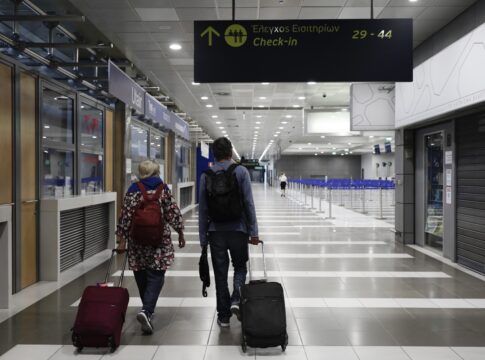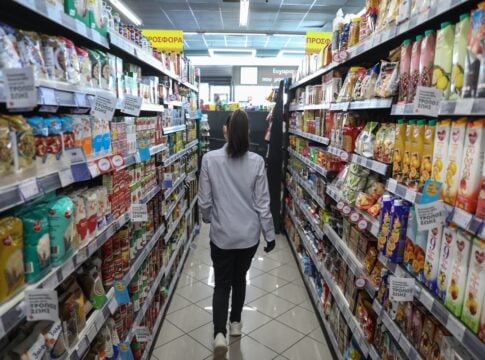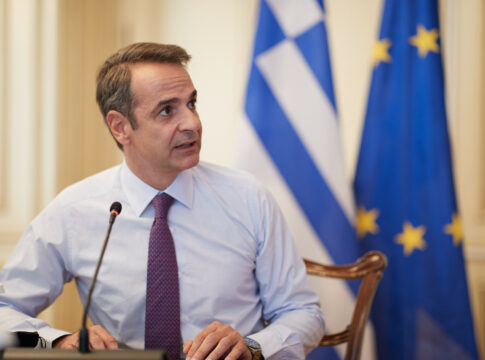The measures that will be implemented in the new year to strengthen social cohesion and address demographics as well as to protect children and the vulnerable groups were revealed by the Minister of Social Cohesion and Family, Sofia Zacharaki, in an interview with “Naftemporiki” and Michalis Psilos.
“The establishment of a solid and secure perspective for families and young people, social cohesion and the protection of children and the vulnerable are at the heart of the government’s political framework and the Ministry of Social Cohesion and Family for 2025,” Zacharaki underlined.
“Among the actions taken are the continuation of the housing renovation program in the first quarter of 2025 with increased subsidy and funding from the ministry’s budget, and the launch of the “Neighborhood Nannies” program in all Greek municipalities with 100 million euros from the NSRF,” Zacharaki explained.
“With resources from the Recovery and Resilience Fund (RRF), we will implement the Early Intervention pilot program that provides a network of specialized and personalized services to children aged 0-6, in order to support their development and promote their social integration. Also, with 70 million euros from the RRF, the creation of new infant departments in municipal and private nurseries and the opening of creative employment centers for robotics will be financed. In the housing sector, with resources from the Recovery Fund, we will complete the renovation of state and private buildings for social housing, while an important intervention in the new year will be the payment of 50% of several benefits through prepaid cards.”
National Strategy for Minors
Regarding the national strategy for the protection of minors online, Zacharaki noted:
“At the moment, children and adolescents all over the world, with overexposure and addiction to platforms and the internet, are being trained to live exclusively in a digital world. The skills they acquire are useful for digital life and completely incompatible with normal life. Children substitute digital experiences for real experiences in the real world. They experience emotions that do not correspond to real life and live under a regime of constant overstimulation. Scientists are sounding the alarm about the effects on their brain function and development. We have reached a tipping point and the margins for intervention and reaction are narrowing. The Prime Minister and the government have decided that Greece can and will play a leading role in this global campaign to protect children from digital and virtual life. However, since it is not possible and we do not want a universal ban, the implementation of the measures lies within two very essential factors: information and substantial communication and interaction between parents and their children. The state creates the tools, but parents are the ones who must first take them into their own hands.”














